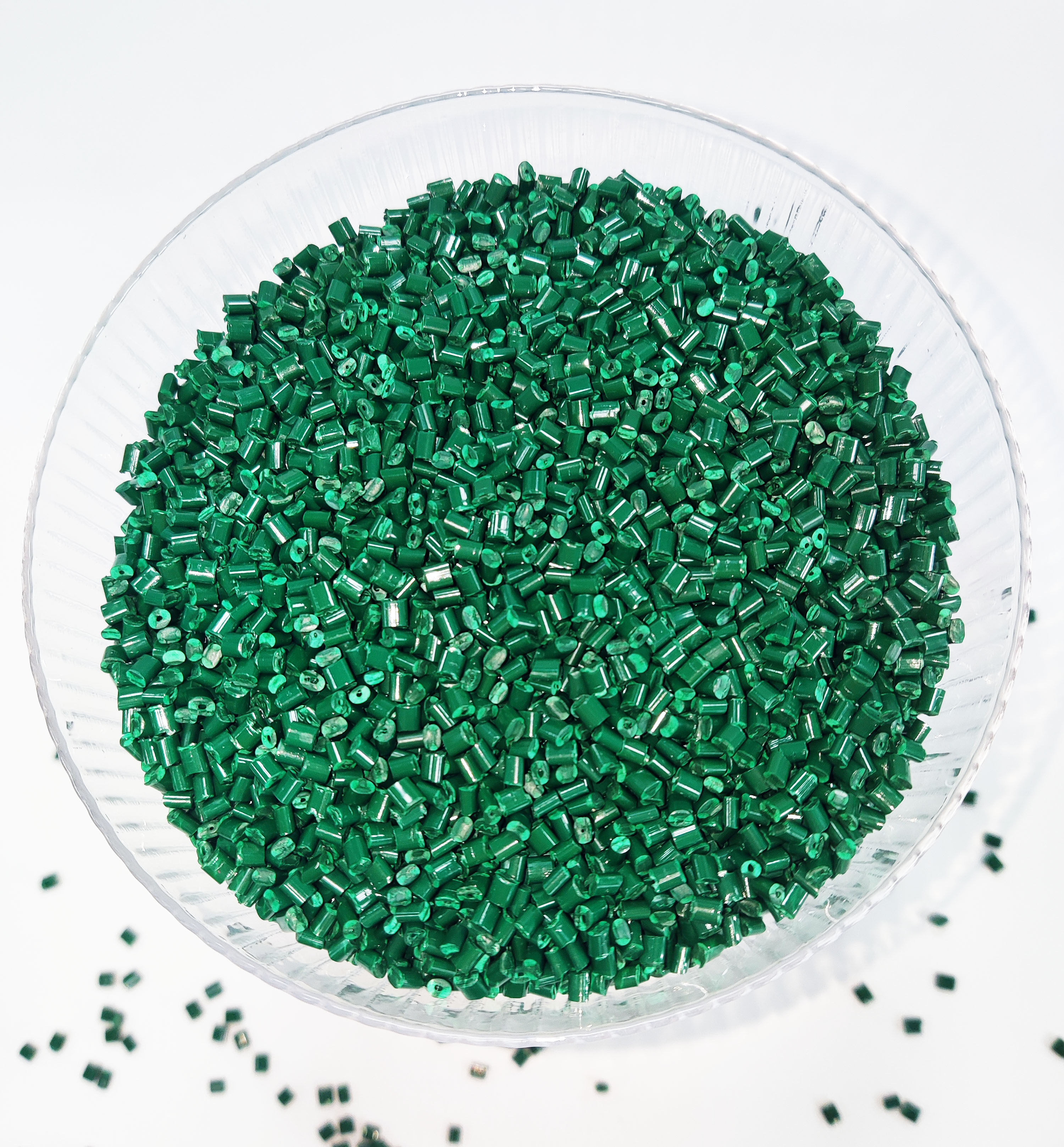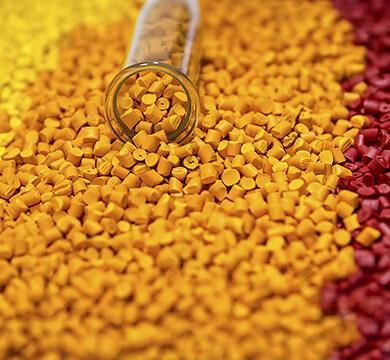Erreur de format d'e-mail
emailCannotEmpty
emailDoesExist
pwdLetterLimtTip
inconsistentPwd
pwdLetterLimtTip
inconsistentPwd

Offer Technical Support and Customized Solutions
The company is committed to creating new and improved plastic materials to meet the evolving demands of the market.

Performance of ABS Plastic Pellets – What Do You Know?
What is ABS Plastic?
ABS plastic is a copolymer made from three components: acrylonitrile (A), butadiene (B), and styrene (S). It combines the properties of these three elements: acrylonitrile provides high hardness and strength, heat resistance, and corrosion resistance; butadiene gives impact resistance and toughness; styrene offers high surface gloss, easy coloring, and ease of processing. The combination of these characteristics makes ABS plastic a thermoplastic with excellent overall properties, including "rigidity, toughness, and high stiffness."
General Properties:
ABS plastic is non-toxic and odorless, appearing as ivory-colored semi-transparent or transparent pellets or powder. Its density ranges from 1.05 to 1.18 g/cm³, with a shrinkage rate of 0.4% to 0.9%. The elastic modulus is 2 GPa, the Poisson's ratio is 0.394, water absorption is less than 1%, melting temperature is between 217°C and 237°C, and thermal decomposition occurs above 250°C.
Mechanical Properties:
ABS plastic exhibits excellent mechanical properties, with good impact strength, allowing it to be used in extremely low temperatures. It has excellent wear resistance and good dimensional stability, along with oil resistance, making it suitable for bearings under medium loads and low speeds. ABS has better creep resistance than PSF and PC, but not as good as PA and POM.
Thermal Properties:
The heat distortion temperature of ABS plastic is between 93°C and 118°C, and after annealing, the temperature can increase by about 10°C. ABS can retain some toughness even at -40°C, making it usable in temperatures ranging from -40°C to 100°C.
Electrical Properties:
ABS plastic has good electrical insulation, and its performance is hardly affected by temperature, humidity, or frequency, making it suitable for use in most environments.
Environmental Properties:
ABS plastic is resistant to water, inorganic salts, alkalis, and many acids, but it can dissolve in ketones, aldehydes, and chlorinated hydrocarbons. It may suffer stress cracking when exposed to acetic acid and vegetable oils. ABS has poor weather resistance and degrades under UV light; its impact strength is reduced by half after six months of outdoor exposure.

